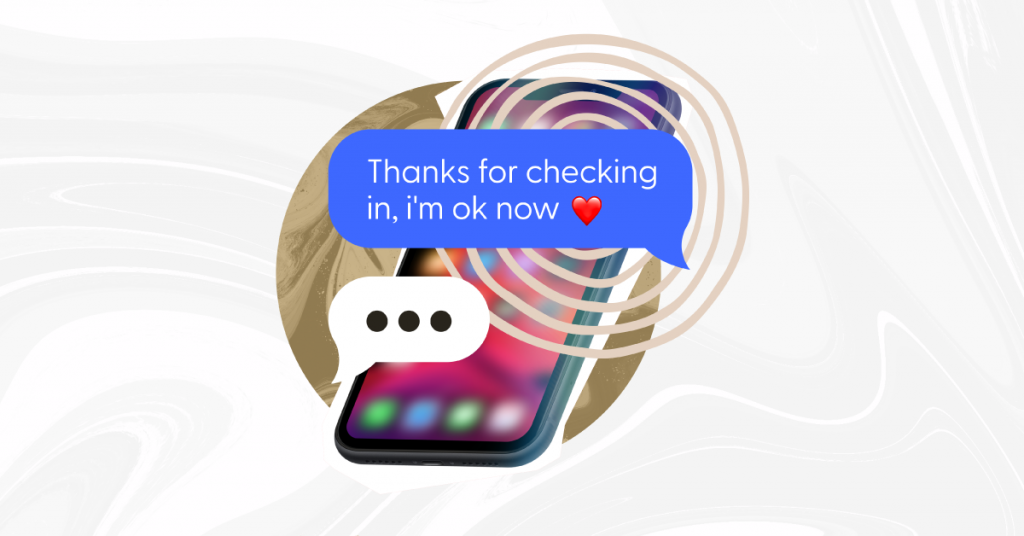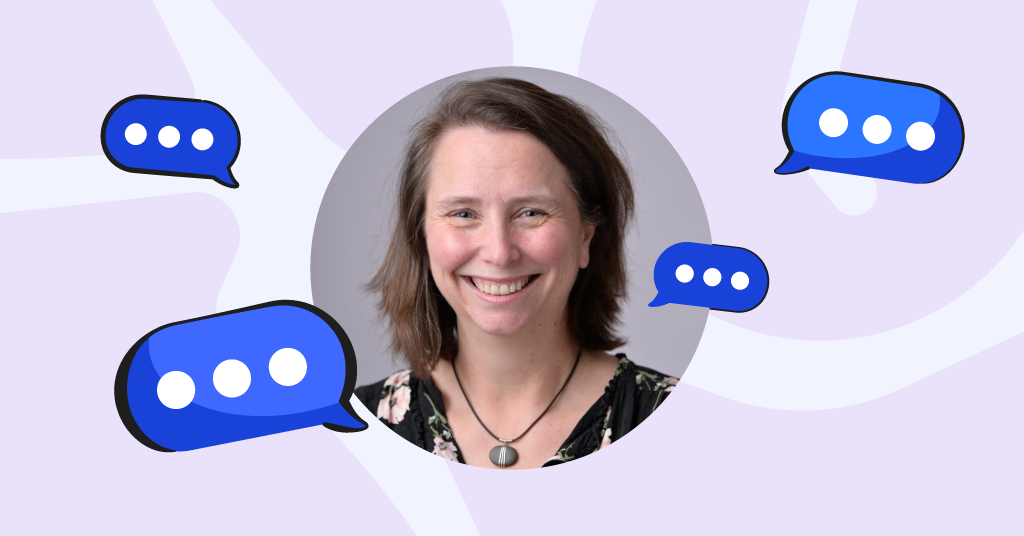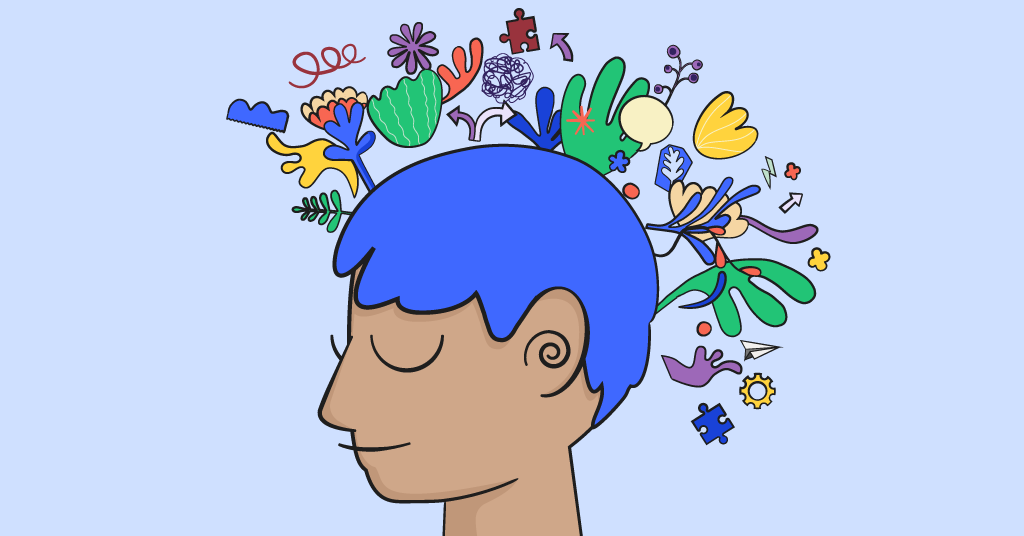**This blog post was updated on September 8, 2025.**
Suicide is currently the second-leading cause of death among young people ages 10 to 14, a heartbreaking reality many parents may not realize. Fortunately, having open and honest conversations about suicide can give kids the language to talk about difficult feelings, better understand depression and other mental health struggles, and recognize when something might be wrong. Even if your child never experiences suicidal thoughts, chances are someone they know will. By equipping them with the tools to talk about it and recognize when to seek help, you’re empowering them to support their friends and family — and potentially even themselves.
The way you talk about suicide will probably look a little different depending on your child’s age. Here's how to get started with these types of conversations.
Simple Is Best for Young Children
If a child under eight years old isn’t directly affected by suicide, the American Academy of Pediatrics recommends that parents not talk about tragedies. However, if your young child knows someone who died by suicide or asks about it, it’s best to keep your conversation simple and direct, but not provide too many details.
Give straightforward, honest answers, saying things like, “This person died and it’s really sad. They had a bad disease in their brain.” It's important to let your child know that you love them and are here for them if they feel sad or upset. Encourage them to share their feelings and validate them.
Tweens Have a Basic Understanding
Talking to kids about suicide can be tough for both parents and kids, but as children get older, they can begin to understand the concept of suicide. Start the conversation with questions like, “What have you heard about suicide? What do you think about it?” It can be frightening to talk about death, so be extra patient and listen intently. You can explain how suicide is similar to other illnesses. "Suicide is a brain disease that makes a person not want to live anymore. They felt hopeless and like there was no way out."
As you explain mental illness, talk about it without judgment or blame. It’s best to say “died by suicide” rather than “committed suicide,” because using the word “commit” can imply a moral failing. Also, avoid using other judgmental language, like saying the person was "selfish."
Teens Need a Safe Space to Talk
Teenagers may already be familiar with the concept of suicide, but it’s still important to approach the topic with care. Many will have heard about celebrities or even peers who have died by suicide. The most important thing you can do is be present, honest, and calm. Teens take their cues from adults, and when you show that it’s okay to talk about suicide openly and compassionately, they’ll feel more comfortable sharing what’s really on their mind. Explain that depression and anxiety can wreak havoc on a person's worldview, and suicide is often the result of people being in unbearable pain thinking that there's no solution.
If it's your child that you're worried about when it comes to suicide, remember: Studies show that asking about suicide does not increase the risk. In fact, it can provide relief for a young person who may have been too afraid or ashamed to bring it up themselves. Try questions like:
- “Have you been feeling really down or hopeless lately?”
- “Do you ever feel like life isn’t worth living?”
- “When things get overwhelming, do you ever think about hurting yourself?”
These kinds of direct but compassionate questions show your teen that it’s safe to talk about big feelings without judgment. If they say yes, take their words seriously, listen without interrupting, and thank them for trusting you. You don’t need to have all the answers — your calm presence and willingness to listen are powerful first steps.
Getting Help
Young people of all ages can struggle with knowing how to support their peers who might be depressed or experiencing suicidal ideation. Let them know that they should tell an adult if they think a friend is having these thoughts — or if they need support themselves. It’s a great idea to give them a list of trusted people they can talk to and resources available to them, like the Crisis Help Line, The Trevor Project, and the 988 Suicide & Crisis Lifeline. Make sure your child knows there’s no shame in getting help for depression or suicidal thoughts.
If you're worried about your child and suicidal ideation, Bark's advanced content monitoring scans for signs of it in texts, emails, and social media platforms and apps. If something concerning is found, you'll get an alert so you can check in and make sure everything's okay. Together, we can help kids feel safer, more supported, and more hopeful about the future.
Read more
Bark helps families manage and protect their children’s digital lives.






